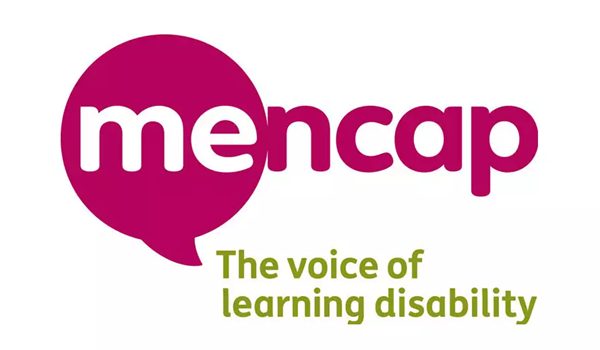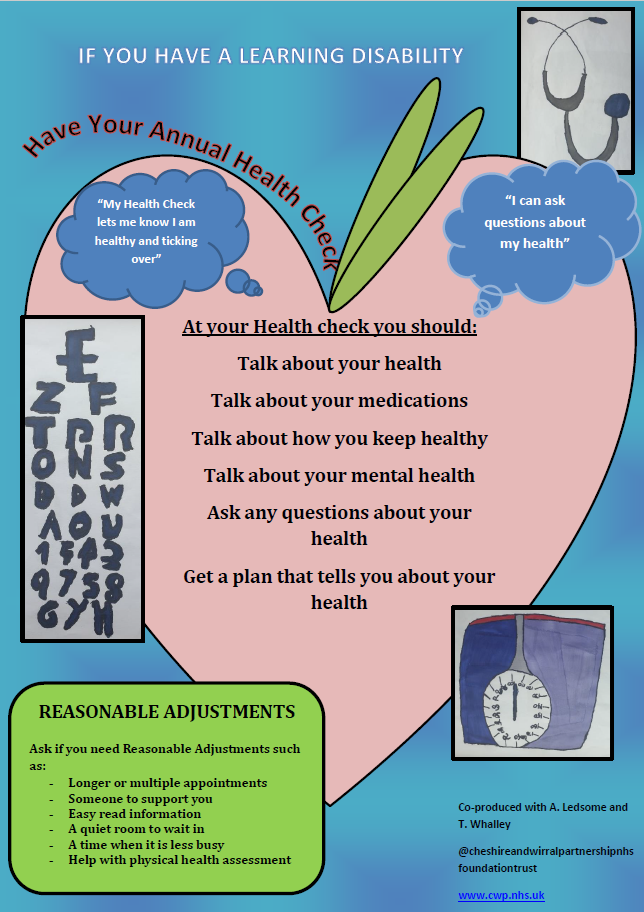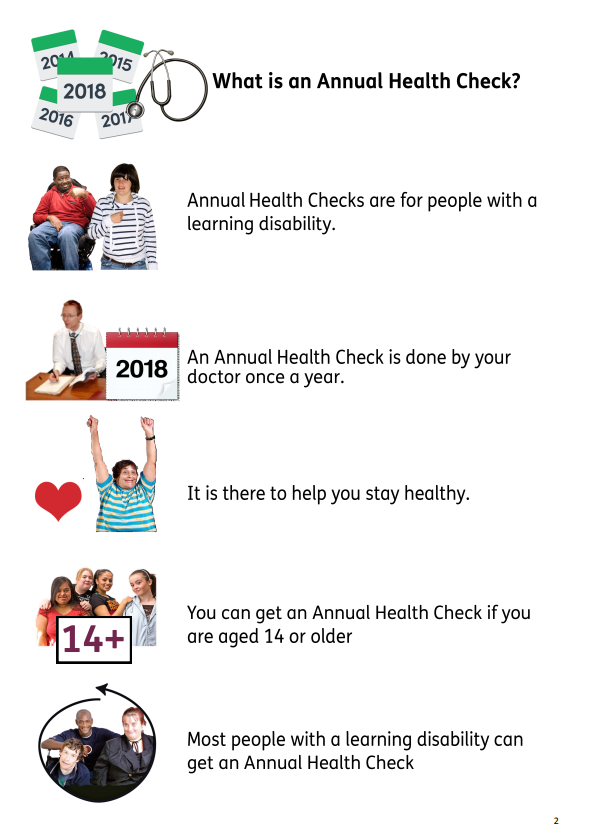Learning Disabilities
Non-urgent advice: Learning disability and autism
The NHS programme is called transforming care and is all about making health and care services better so that more people with a learning disability, autism or both can live in the community, with the right support, and close to home.
The content of this page has been adapted from NHS UK Choices.
Non-urgent advice: Learning Disabilities
A learning disability is a reduced intellectual ability and difficulty with everyday activities – for example household tasks, socialising or managing money – which affects someone for their whole life.
People with a learning disability tend to take longer to learn and may need support to develop new skills, understand complicated information and interact with other people.
Find out how a learning disability can affect someone and where you can find support.
Around 1.5 million people in the UK have a learning disability. It's thought up to 350,000 people have a severe learning disability. This figure is increasing.
Non-urgent advice: Reasonable Adjustment Digital Flag
What is a Reasonable Adjustment?
Sometimes it is difficult for people who have disabilities to use health and social care services. Small changes can be made to health and social care appointments, or staying in hospital. These small changes are called Reasonable Adjustments.
If you have a disability and you think you need reasonable adjustments, please talk to staff about these.
For more information click here or watch this video to find out more about the Reasonable Adjustment Digital Flag.
Mencap
Non-urgent advice: Mencap
Mencap is a UK charity supporting people with learning disabilities, their families, and caregivers. It provides services like advocacy, housing, education, and employment support, while campaigning for greater inclusion and equal rights. Mencap aims to empower individuals to live fulfilling and independent lives.
Click here to visit their website.
Non-urgent advice: Annual Health Checks
People with a learning disability often have poorer physical and mental health than other people. An annual health check can improve people’s health by spotting problems earlier.
This leaflet tells you what a health check is, how to get a health check, and how to find out more information about health checks.
https://www.mencap.org.uk/advice-and-support/health/annual-health-checks
Watch these films to find out how great annual health checks and health actions plans are helping Charlotte and Harshi to keep healthy and stay well.
Non-urgent advice: Easy Read Newsletter
NHS England read newsletters tell you about what they are doing to make the NHS better for people with a learning disability and autistic people.
If you want them to post you a paper copy just let them know on engage@nhs.net
The latest issue includes information about:
- The Reasonable Adjustment Digital Flag
- National guide for acute mental health inpatient services for adults
- What is diabetes?
- How to get support and speak up – people who can help you
- Keep updated

Non-urgent advice: Easy Read Documents
Our local NHS trust have a range of Easy Read documents that are in an accessible, easy to understand format.
Non-urgent advice: STOMP - Owen's story
STOMP stands for stopping over medication of people with a learning disability, autism or both with psychotropic medicines.
STOMP is about everyone working together to make sure people get the right medicine when they need it.
It is also about making sure that people get the other support they need. This might mean they are less likely to need this sort of medicine.
STOMP is about helping people to stay well and have a good quality of life.
Sarah and Owen Thomas talk about how getting the right support and medication has helped Owen make the most of the opportunities he has been offered – including performing in his local pantomime and competing in the British and English Equestrian Vaulting Championships.
For more information read the easy-read leaflet.
Non-urgent advice: Help for people with a learning disability, autism or both, to use NHS 111
NHS 111 is the NHS non-emergency number. It’s fast, easy and free. Call 111 on your phone and speak to a highly trained adviser, supported by healthcare professionals. They will ask you a series of questions to assess your symptoms and immediately direct you to the best medical care for you.
The video explains that you should call 111 if:
- You need medical help – but it’s not a 999 emergency
- You think you need to go to accident and emergency or need another NHS urgent care service
- You don’t know who to call or you don’t have a GP to call
- You need health information or reassurance about what to do next.
The NHS 111 service is staffed by trained advisors, supported by healthcare professionals. It is available 24 hours a day, 365 days a year. Calls are free from landlines and mobiles.
Non-urgent advice: NHS 111 An Inclusive Service
The video was created with the support of many self-advocacy groups, and forms part of our ongoing work to ensure that everyone has access to NHS services.
The video provides tips on what you can do, to have a good call and aims to encourage more people with a learning disability, autism or both to use the NHS 111 service. The video will also be used to train all of the NHS 111 advisors.
Find out more about the NHS 111 service by watching the video.
Non-urgent advice: My Health Passport - Resource for autistic people
My Health Passport’ is a resource for autistic people who might need hospital treatment.
The passport is designed to help autistic people to communicate their needs to doctors, nurses and other healthcare professionals. It was developed by Baroness Angela Browning – an National Autistic Society Vice President – in collaboration with The National Autistic Society.
It was independently reviewed in 2017 and updated following comments by autistic people and professionals about how they were using it or wanted to use it.
Before making your passport, please read the guidance to assist you in completing and using it.
My Health Passport - Guidance Leaflet
Please either:
- complete the passport online and print it out; or
- print it out and complete in writing.
Once you have completed the passport, you should either:
- staple the pages together to form a booklet; or
- keep them in a clear plastic folder.
You might find it useful to make a spare copy for your own records.
When you have completed your passport, take it with you whenever you visit hospital and show it to the doctors, nurses and any other healthcare professionals you come into contact with.
When admitted to hospital for treatment overnight or for a long stay, you should:
- give the passport to the doctor or nurse responsible for your care
- ask them to make sure the passport is kept with the patient notes at the end of your bed.
The passport is endorsed by the Department of Health and promoted by NHS England. It is one of the projects referenced in the adult autism strategy, Think Autism.
Non-urgent advice: Bowel Cancer Screening - Easy Read Guide
A leaflet about bowel cancer screening, developed by and for people with learning disabilities
Non-urgent advice: Cervical Screening
All women between age 25 and 64 are asked if they want to have a smear test. In England, Wales and Northern Ireland you are invited:
- every 3 years between age 25 and 49
- every 5 years between age 50 and 64
Smear tests can help stop you getting cervical cancer. It is your choice whether to have a smear test.
Easy Read leaflet: An easy guide to cervical screening
People with learning disabilities share experiences of health services in Cheshire West and Chester
Page created: 02 January 2020


